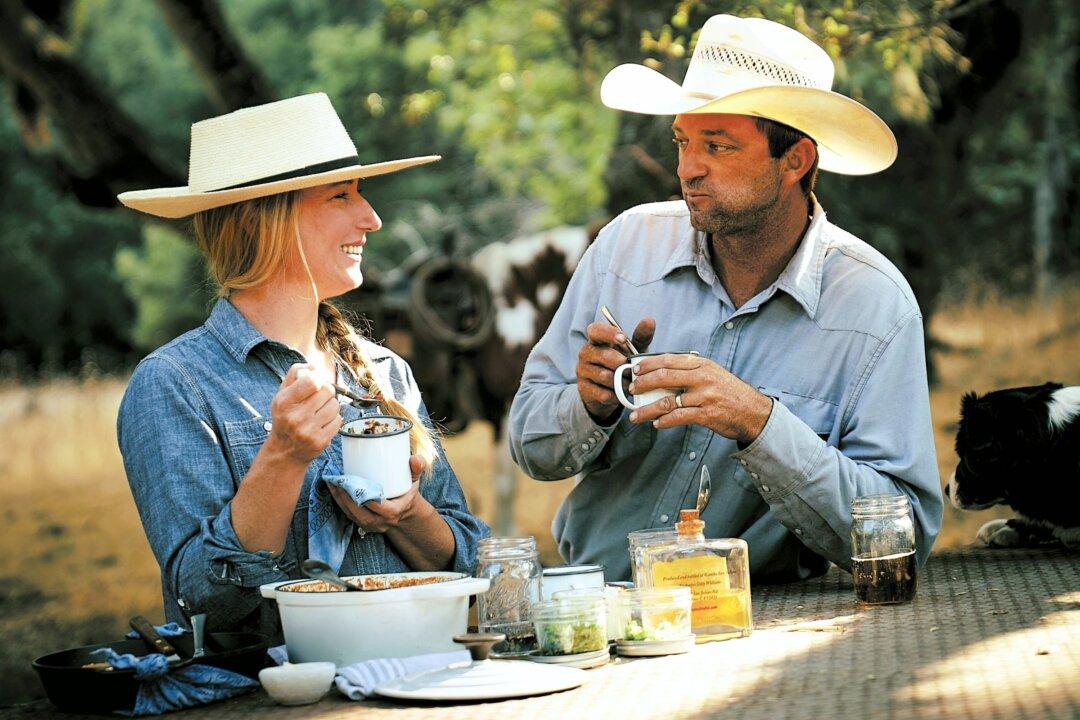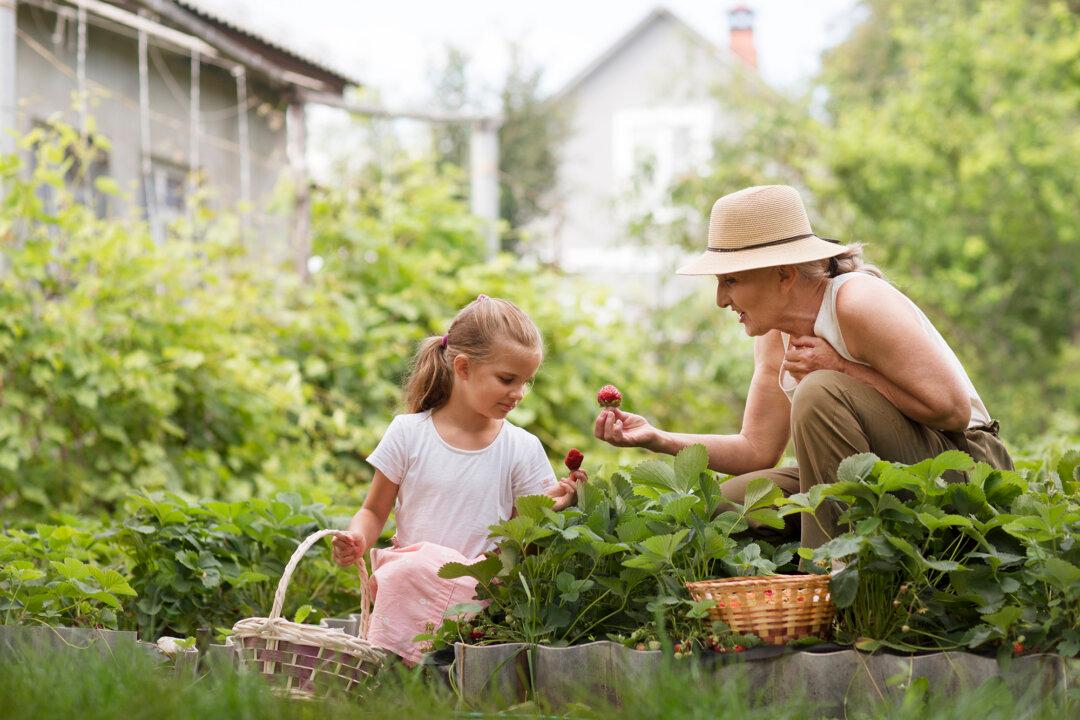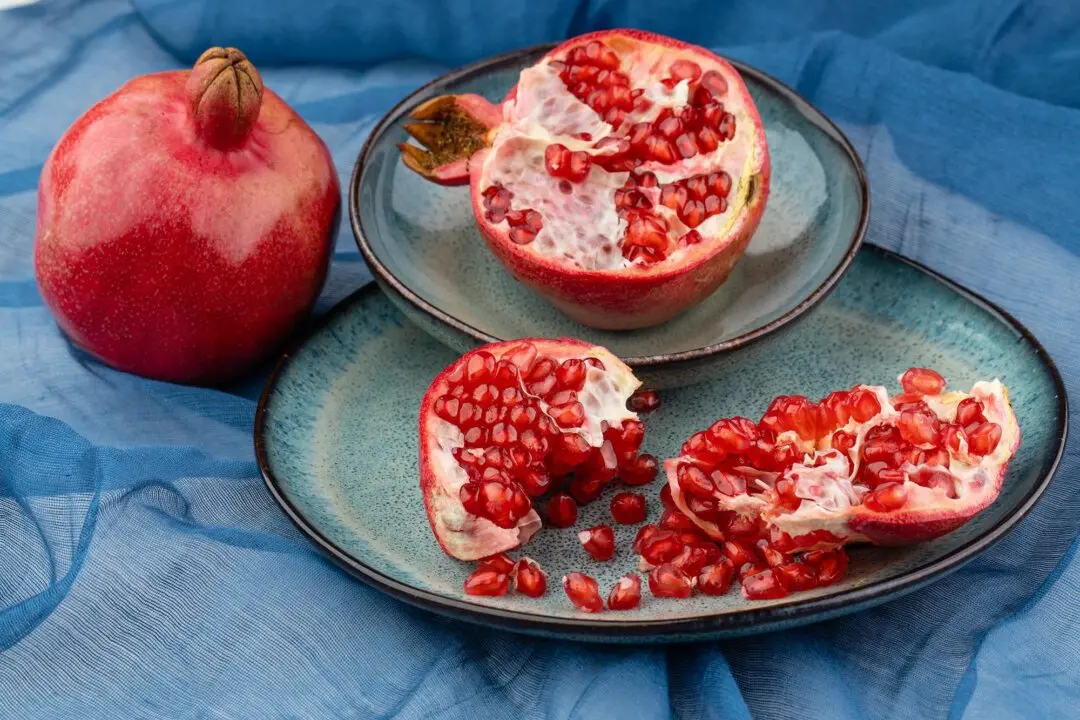Tucked in beneath the spreading arms of a hillside live oak tree, a dozen newborn Angus calves are enjoying nap time on a September morning at California’s Rancho San Julian.
“See that one heifer in there with them?” Elizabeth Poett indicates an older cow in the shade of the oak. “She’s the designated babysitter. I just love seeing that, the way the herd takes care of its next generation. It’s the same thing, year after year.”





